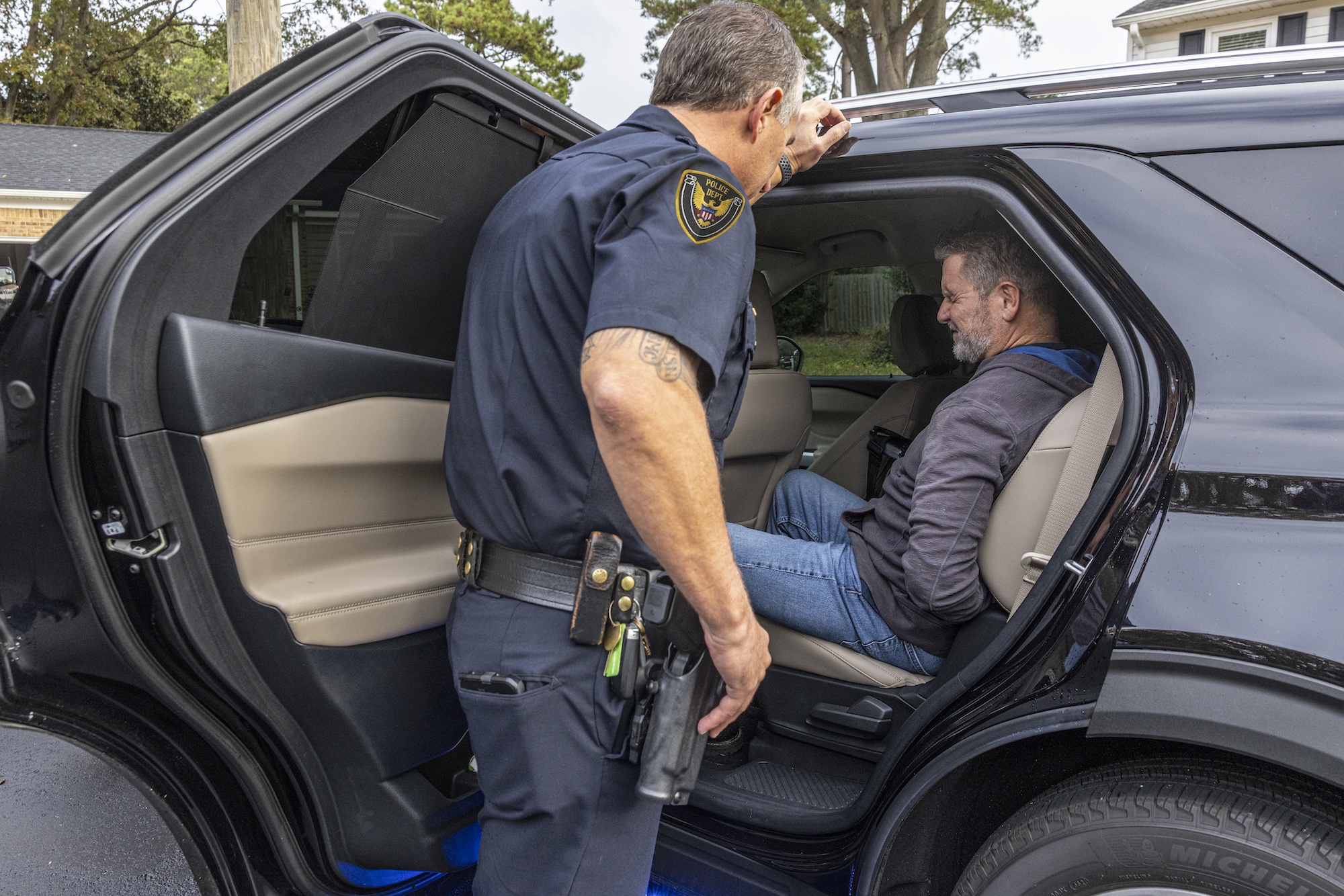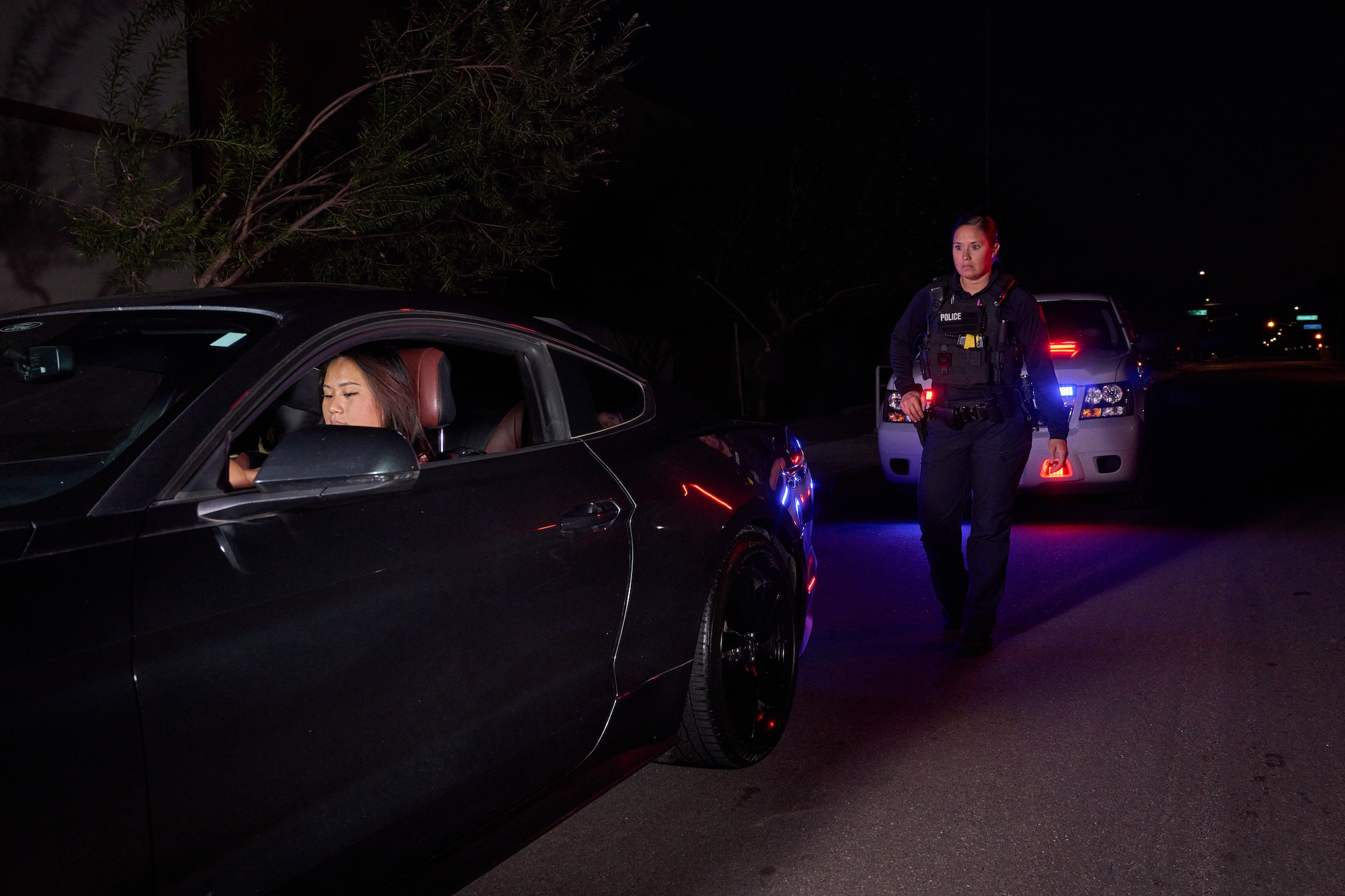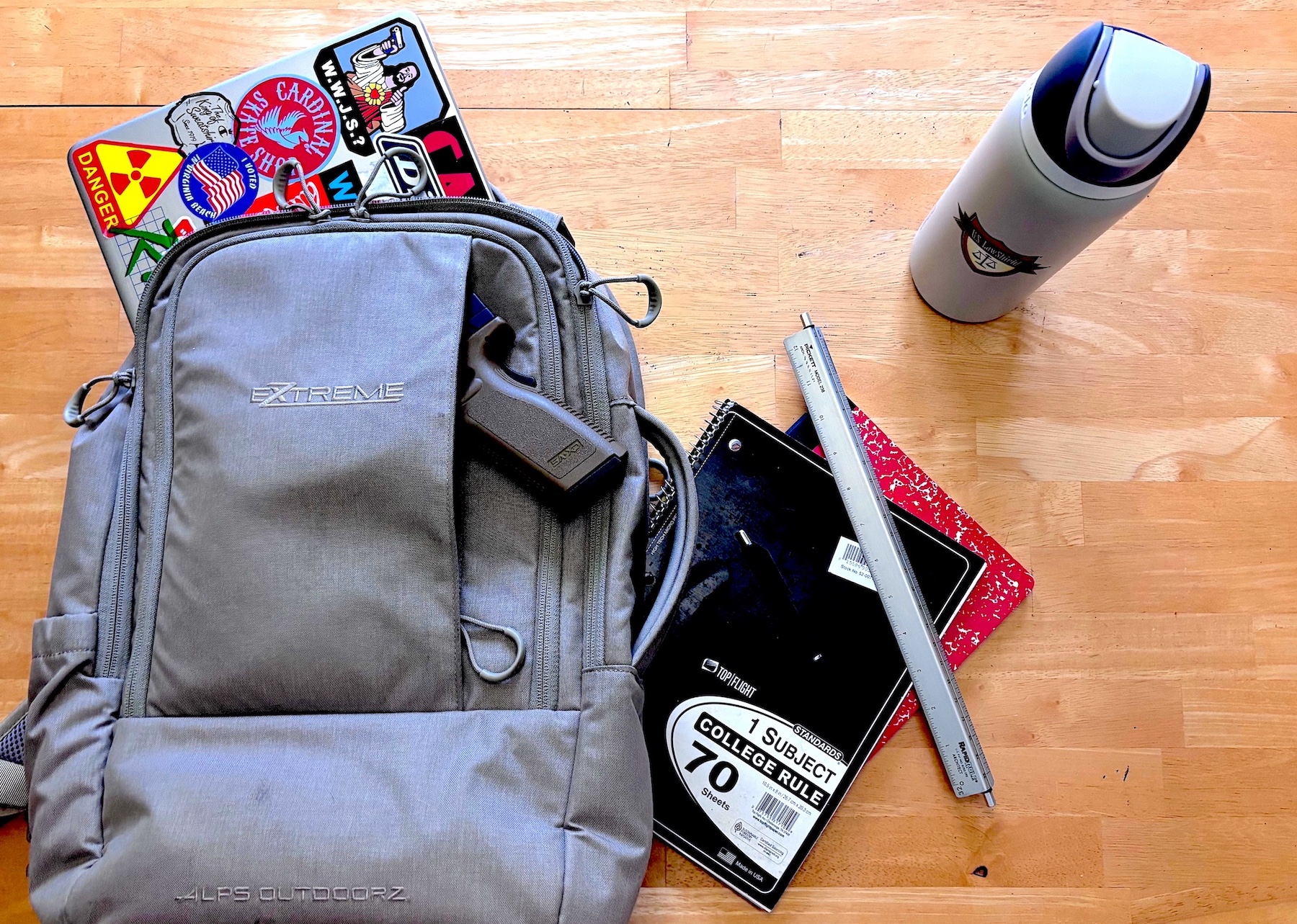
High-profile cases that make national news often offer valuable lessons every gun owner can learn from.
It seems that every few weeks a new defensive shooting grabs headlines across the country. Many of them end up in the criminal justice system one way or another. Their outcomes are varied and can sometimes feel random to those following along.
What makes one claim of self-defense superior to another? Why do some cases go all the way to trial while others are tossed before charges are filed? What makes the difference between a conviction and an acquittal?
I asked a group of U.S. LawShield Independent Program Attorneys (IPAs) what lessons could be learned from some of the highest-profile shootings over the past several years. Here’s what they had to say about the biggest case to hit the news in a decade, the now well-known case of Kyle Rittenhouse.
The Rittenhouse Case
In a defensive case that made major headlines for nearly two years, then 17-year-old Kyle Rittenhouse fatally shot two men and wounded a third in Kenosha, Wisconsin, August 25, 2020. The shootings happened in the wake of protests that had resulted in property damage to numerous businesses, in some cases entire businesses being burned to the ground, the night before. Rittenhouse was in town carrying a rifle as part of a group of volunteers that hoped to prevent further property damage.
Multiple videos of the shootings quickly went viral, and Rittenhouse became another touchstone in the heated political debate over race and violence in America. He was charged as an adult with first-degree reckless homicide, first-degree intentional homicide, attempted first-degree intentional homicide, two counts of first-degree recklessly endangering safety, possession of a dangerous weapon by a person under 18, and failure to comply with an emergency order from state or local government. The trial judge dismissed the latter two charges. He was acquitted on all three other counts more than a year later.
Video played a key role in the acquittals with each shooting having been filmed from numerous perspectives. But Indiana attorney and U.S. LawShield IPA Marc Halata says it also demonstrated video does not guarantee consensus on what happened and can even sow doubt.
“I think that case, more than ever, shows how camera footage can be used against you and for you,” he says. “During jury instructions, man, I remember watching the judge and two attorneys just constantly replaying the same 10 second video over and over and over again. And, you know, you might wish that when you have some sort of incident, you would have done something a little differently, but the jury is going to be able to rewind and speed up and slow down everything you did. And your split-second judgment call that you’re going to have to make to potentially survive a situation is going to be examined by the jury like you had all the time in the world.”
He also noted Rittenhouse benefited from a unique kind of video evidence that will almost certainly not be available in most self-defense incidents.
“I think had there not been FBI drone footage, which was a really lucky thing to have, it could have been a much different situation legally,” Halata says. “And most people, when they’re involved in an incident, are probably not going to have access to an FBI drone, a thermal drone to help them prove that they weren’t the aggressor in an action.”
Many onlookers who watched the videos believed Rittenhouse had a strong case for self-defense regardless of how they felt about the wisdom of the 17-year-old being present at the unrest in the first place. The major charges came as a bit of a surprise to many and could have been driven by the same sort of political factors involved in another big self-defense/firearms case that same year, the case of Mark and Patricia McCloskey, who brandished firearms in the face of anti-police protestors trespassing on their property.
Gilbert Ambler, an IPA who defends clients in Virginia and Pennsylvania, says he thought the Rittenhouse case should have been open and shut, but the reality is that there’s no guarantee your self-defense claim will keep you from being charged, no matter how foolproof you believe it is.
“Anytime you pull the trigger, anytime you point a gun, you can be arrested,” he says. “It doesn’t matter how clear cut you think the facts are, you can be arrested.”
He pointed to a U.S. LawShield case he recently dealt with. The client was involved in a self-defense shooting where nobody was injured but nonetheless, he had to fight to have charges against him dropped. That’s despite how clear, he believed and police said, the situation was.
“I was on speakerphone with the client, and I could hear the police saying, ‘You’re the victim. You can talk to us, you’re the victim,’” Ambler says. “And then who gets charged?”
He says it showed how important it is to have a plan for the aftermath of any potential self-defense situation.
“And that game plan needs to be, ‘No matter what anybody says to me, no matter what anybody tells me, no matter whether they tell me they won’t take me down to the station and I’m the victim, I’m talking to a lawyer, not talking to the police,’” Ambler says. “If you don’t have that game plan, if you’re not resolute in that, if you’re not confident that’s your move, you can say something that will likely get you charged.”
Halata says the quality of the lawyers in the Rittenhouse case had a significant impact. He argues Rittenhouse’s legal team performed far better than the prosecution, which made all the difference in the world.
“I firmly believe that if you were to switch the prosecution and defense attorneys in that case, Rittenhouse would have been convicted of at least something,” he says. As Ambler noted, Rittenhouse was initially represented by an attorney who made several missteps during the early days of the case and who Rittenhouse claimed he fired because of the attorney’s belief in conspiracy theories.
“Under the attorney’s watch, Rittenhouse did national news and walked into bars wearing shirts that were provocative,” he says. “Just sort of silliness.”
Joseph Scrofano, an IPA who practices in Washington, D.C. and Maryland, argued Rittenhouse’s case echoes the McCloskeys’ case in several ways. He says it shows “protecting property is not worth losing your liberty,” and that attention can cut both ways, even in the same case. He says media coverage may have generated more pressure to charge, but it also generated defense funds and political support most people who end up in a self-defense situation won’t see.
“There’s not going to be a lot of people coming to your aid by creating a legal defense fund for you or putting political pressure to try to push for a pardon or something like that in every situation,” Scrofano says. “They were both fortunate because of the attention they got. It attracted a lot of resources that I think the average person is not going to get in the criminal justice system.”
For more information on how U.S. LawShield is helping to protect gun-owning individuals across America, visit uslawshield.com.



